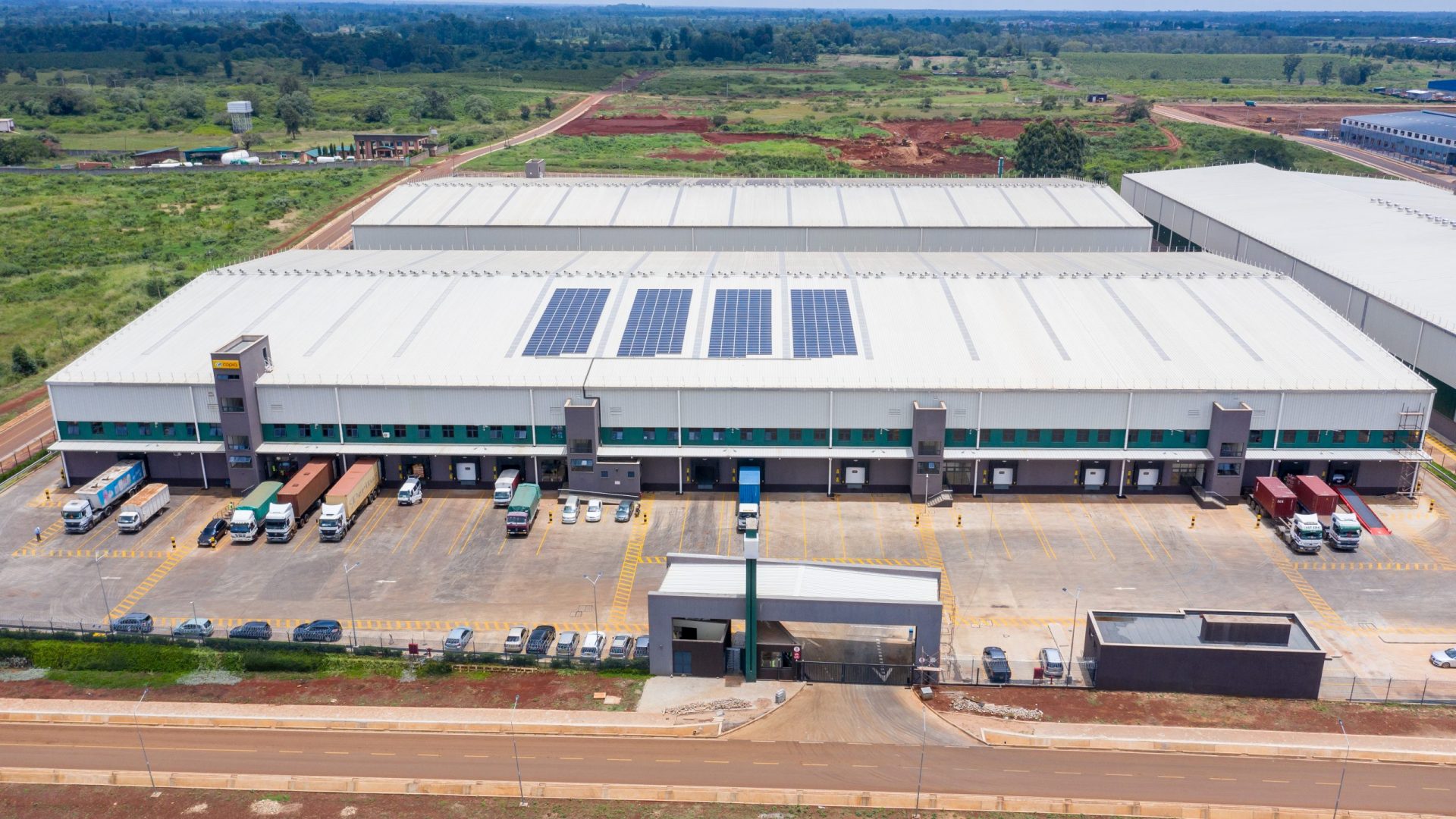Our objective is to have a positive impact on the sustainable development of the countries that we invest in, as articulated by the 2015 Sustainable Development Goals (SDGs) and Paris Agreement and in our 2022-2026 Strategy. As a UK taxpayer-funded DFI, we do that by adding to what private investors are doing. We would not achieve our objective if we displaced private investors, without making a difference to development outcomes, or if we allocated capital to businesses that are already impactful without increasing their impact.
The requirement for development finance to provide something beyond what the market offers and not crowd out private investors is usually referred to as “additionality”. Development finance must be additional for capital injections to qualify as Official Development Assistance, under OECD rules. Additionality means supplying inputs – financial and non-financial – that private investors would not.
But while input additionality is necessary for impact, it is not sufficient. At British International Investment, we use the term “contribution” to refer to the difference that our additional inputs make to development outcomes. The impact investing community has adopted the concept of investor contribution, and it is one of the six dimensions of our Impact Framework, based on the Impact Management Project’s framework, which has achieved industry consensus.
This paper outlines our approach to assessing our contribution and its role in investment decisions.
Further information about what impact meant to us can be found here.
Watch this video to find out more about our approach to managing impact












